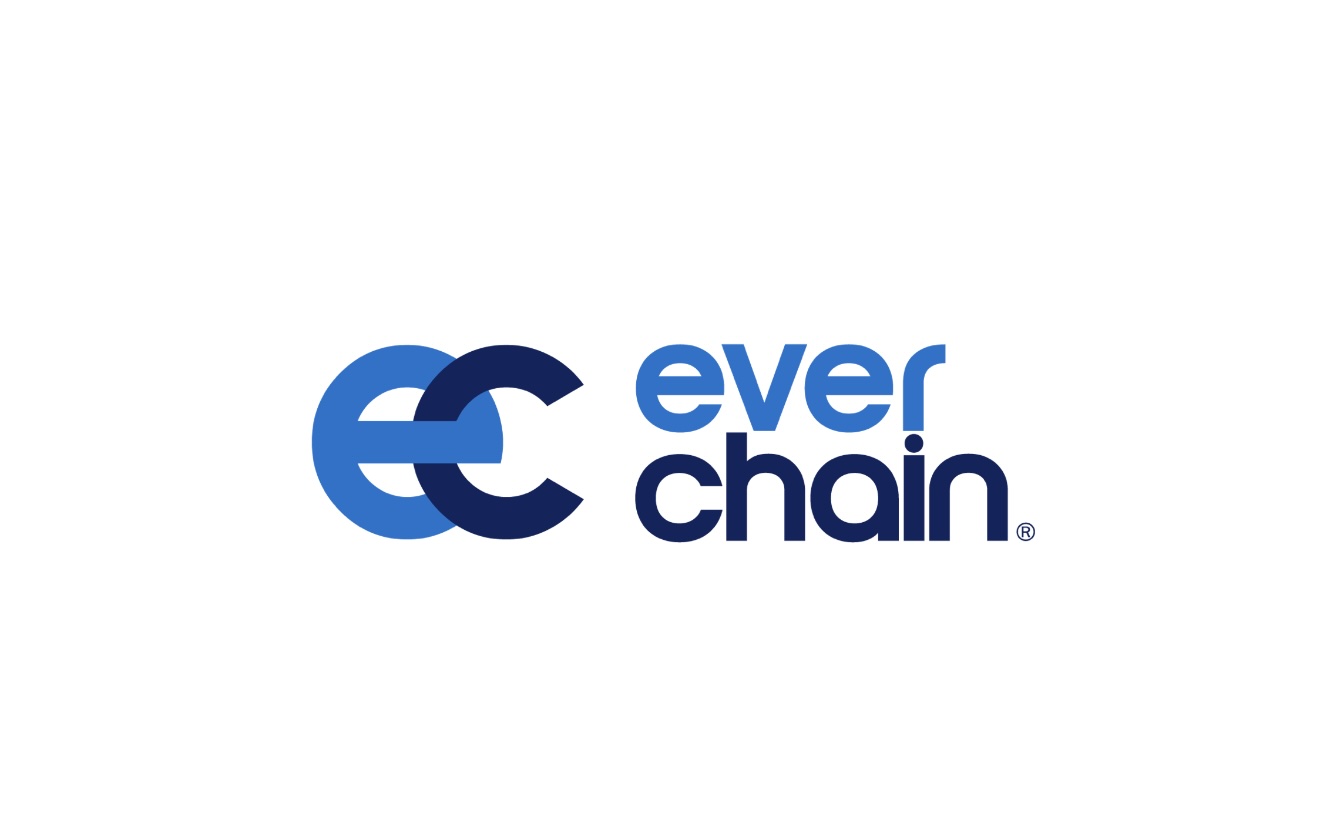Source: site

Worker and Union Reaction
-
Union members have described the pledge as demeaning, claiming it signals Vought’s allegiance to major financial corporations and undermines the agency’s core mission.
-
CFPB Union president and members have questioned the legitimacy and purpose of the pledge, calling it “incredibly disrespectful” and a distraction from legitimate consumer protection work.
-
Several union voices have explicitly demanded Vought’s resignation, arguing that the pledge and other actions are part of a broader plan to shut down the CFPB and shield powerful interests from oversight.
Agency Change and Political Response
-
Since Vought’s appointment, CFPB oversight activities have been mostly suspended and much of the workforce is facing furloughs.
-
Agency leadership, including the union, argue these actions betray the CFPB’s mission and are exploiting internal staff morale to force resignations.
-
Prominent critics, including Senator Elizabeth Warren, have also denounced the move as hostile to consumer protection and overly favorable to Wall Street interests.
The CFPB has not released a verbatim script of the full humility pledge to the public, so the exact word‑for‑word statement examiners recite to banks is not available. What is publicly known comes from summaries and bullet points describing its main commitments, not a full quoted text.
Known core elements
Public descriptions indicate the pledge includes commitments that the CFPB and its examiners will:
-
Focus supervision resources on “pressing threats to consumers,” particularly service members, veterans, and their families, and only in areas clearly within the CFPB’s statutory authority.
-
Avoid, where possible, duplicating supervision where states or other regulators are already doing that job.
-
No longer request “expansive data sets or other information” that seems unrelated to the exam or inconsistent with bureau priorities, and avoid “invasive and irrelevant” questions.
-
Conduct exams “respectfully, promptly, professionally, and under budget,” in contrast to how current leadership characterizes prior CFPB supervision.
-
Provide advance notice of scheduled examinations to supervised entities.
What is recited to banks
Reports state that examiners must read this humility pledge aloud to each supervised bank before beginning an exam, setting a tone of collaboration, narrow scope, and deference to other regulators. However, because of copyright and access limits, only these paraphrased descriptions and listed commitments are publicly accessible, not a full, exact script.
Key Features of the Humility Pledge
-
The pledge emphasizes respectful and budget-conscious bank examinations and promises less aggressive supervision, with a focus on immediate threats to consumers.
-
The stated purpose is to de-escalate adversarial regulatory actions and reduce the burden on financial firms, but critics argue this goes too far in limiting the agency’s effectiveness.
The controversy reflects a significant rift within the CFPB, with current and former employees, as well as outside advocates, deeply concerned about the implications for consumer protection under Vought’s leadership.




